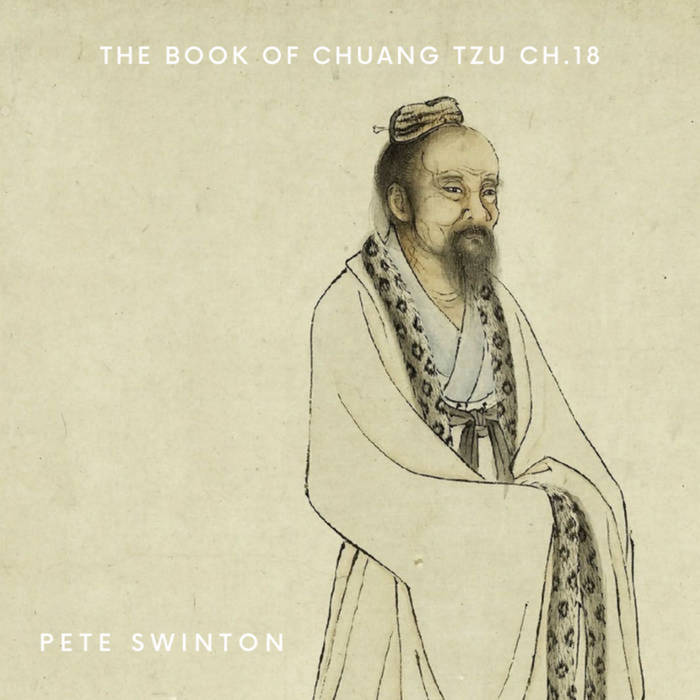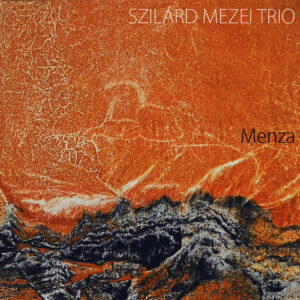Zhuang Zhou is the pinyin transliteration of Chuang Tzu, the Chinese taoist philospher who lived some time during the 4th century B.C. during the Warring States Period, and was part of a movement where Chinese philosophy enjoyed an explosive period of development. He is the subject of the album being reviewed, and it’s nice to have composer Pete Swinton bring his name up after such a long absence.
Why he is mentioned in relation to the music is a mystery, as the first six tracks, according to Swinton himself, are meant to imitate insect sounds. After a deep listening, I have to say that this is one of the most organic experimental series of tracks I’ve heard in some time. There are pulses which feel alive, surrounded by sounds which remind me of Berlin School electronics. There is a deep, enveloping warmth to the tracks, and one should pay special attention to album as a whole, as Swinton notes that it is “concerned with the transmutation of the species.”
A bit about the subject of this album – From Wikipedia:
Chuang Tzu (pinyin: Zhuang Zhou [莊子]) was an influential Chinese philosopher who lived around the 4th century BCE during the Warring States period, a period of great development in Chinese philosophy, the Hundred Schools of Thought. He is credited with writing—in part or in whole—a work known by his name, the Zhuangzi, which is one of the foundational texts of Taoism.
Worthy, and as engaging a listen as I’ve had all year.
UPDATE: A reader called Vincent Marsolais advised me of the following:
“Actually, Chuang Tzu transliterates as Zhuangzi 庄子. Zhuang Zhou 莊周 in Wade-Giles would be Chuang Chow.”
Correction noted.



